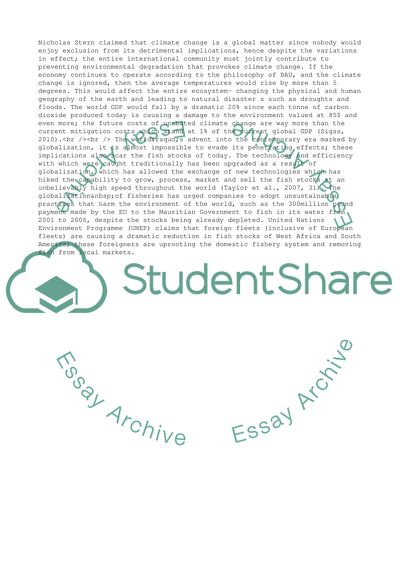Cite this document
(Globalisation Fisheries and Business as Usual Term Paper, n.d.)
Globalisation Fisheries and Business as Usual Term Paper. https://studentshare.org/business/1747561-globalisation-fisheries-and-business-as-usual
Globalisation Fisheries and Business as Usual Term Paper. https://studentshare.org/business/1747561-globalisation-fisheries-and-business-as-usual
(Globalisation Fisheries and Business As Usual Term Paper)
Globalisation Fisheries and Business As Usual Term Paper. https://studentshare.org/business/1747561-globalisation-fisheries-and-business-as-usual.
Globalisation Fisheries and Business As Usual Term Paper. https://studentshare.org/business/1747561-globalisation-fisheries-and-business-as-usual.
“Globalisation Fisheries and Business As Usual Term Paper”. https://studentshare.org/business/1747561-globalisation-fisheries-and-business-as-usual.


